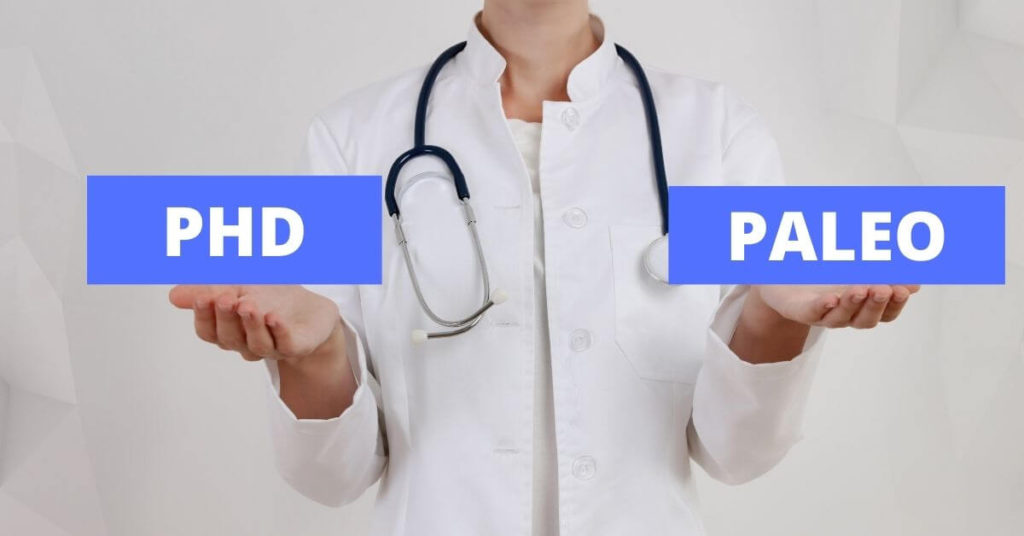Myths and Misconceptions about Bacon – they’re as common as bacon itself! Let’s sizzle away the falsehoods and serve up some crispy truths. Get ready to have your bacon beliefs flipped upside down!
Introduction: Bacon, More Than Just a Breakfast Delight
You’ve probably grown up hearing that bacon is a no-go, a heart attack on a plate. But what if I told you that much of what we’ve been told about bacon is just a smoke screen of misconceptions? Let’s dive into the sizzling world of bacon and uncover the truth.

The Processed Meat Myth: Understanding Bacon’s True Nature
First up, the big myth is that bacon is a highly processed meat. In reality, bacon is simply cut from the pig and cured with salt, a traditional method used for over 7,000 years. Unlike pea protein and impossible burgers, bacon doesn’t come from a chemical factory. It’s as natural as it gets.
Fatty Misunderstandings: The Composition of Bacon
The fear-mongering doesn’t stop at processing. Many think bacon is all saturated fat, a one-way ticket to heart problems. However, the truth is juicier. The main fat in bacon is monounsaturated, primarily oleic acid – the same heart-healthy fat found in olive oil. In fact, saturated fat, long demonized, is no longer considered a major heart attack risk by authorities like the American Heart Association.

Nitrates: The Misguided Villain
Nitrates in bacon have been accused of being carcinogenic. Yet, in a surprising twist, pharmaceutical companies are exploring nitrates for their blood pressure-lowering benefits. Our own bodies produce more nitrates than found in bacon, debunking the myth that they’re harmful.
Cholesterol and Salt: Misconceptions Cleared
The cholesterol in bacon was once thought to be a heart disease catalyst. Today, dietary cholesterol is no longer a molecule of concern, according to the American Heart Association. Similarly, the salt in bacon isn’t the heart attack trigger it was once thought to be. In fact, a diet too low in salt can be detrimental to health.
Cancer and Heart Disease: Separating Fact from Fiction
The claim that bacon causes cancer and heart disease lacks solid evidence. The connections made in observational studies don’t prove causation. Controlled trials have yet to show a direct link between bacon consumption and increased cancer or heart attack risk.

The Nutritional Side of Bacon: What’s Really on Your Plate
When it comes to nutrition, bacon packs a punch. Three slices contain 12 grams of high-quality protein, essential minerals like calcium, iron, magnesium, potassium, zinc, and selenium, and vital vitamins like A, D, and B-complex. Plus, it’s low in sugar unless added during curing.
Conclusion: Time to Stand Up for Bacon
It’s clear that bacon has been wrongly vilified. Understanding its true nature and health benefits, we can start to see bacon in a new light. For those who believe in bacon’s goodness and want to be part of a community that appreciates it, consider joining the tribe at Proper Human Diet Facebook group.
Bacon has been in the hot seat for too long. It’s time to spread the truth about bacon and its place in a healthy diet. Remember, when it comes to food, it’s essential to look beyond the myths and understand the facts. Bacon, it turns out, might just be one of the misunderstood heroes of our kitchens.

FAQ
Is Bacon a Highly Processed Meat?
No, bacon is not as processed as commonly believed. It’s cut from a pig and cured using salt, an age-old, natural method. Unlike foods made in chemical factories, bacon’s processing is minimal.
Does Bacon Contain Mostly Saturated Fat?
Contrary to popular belief, the majority of fat in bacon is monounsaturated, mainly oleic acid, which is also prevalent in olive oil. Saturated fat is present but not the primary type.
Are the Nitrates in Bacon Harmful?
No, the nitrates in bacon are not harmful. In fact, our bodies produce more nitrates than what’s found in bacon. Nitrates are now being studied for their potential health benefits, particularly in blood pressure management.
Can Eating Bacon Lead to Cancer or Heart Disease?
Current research, including controlled trials, does not show a direct causal link between bacon consumption and an increased risk of cancer or heart disease. These claims are based more on observational studies, which do not prove causation.
Research/References:
Nitrates Lower BP: https://www.ahajournals.org/doi/full/…
Saturated fat echo of the lie: https://www.sciencedirect.com/science…
Cholesterol: the echo of the lie: https://www.ahajournals.org/doi/full/…
Join our Facebook group, ‘Proper Human Diet,’ to discover the secrets of optimal nutrition! Connect with experts, share experiences, and access a treasure trove of healthy recipes and lifestyle tips. Transform your eating habits for a healthier, happier you!


